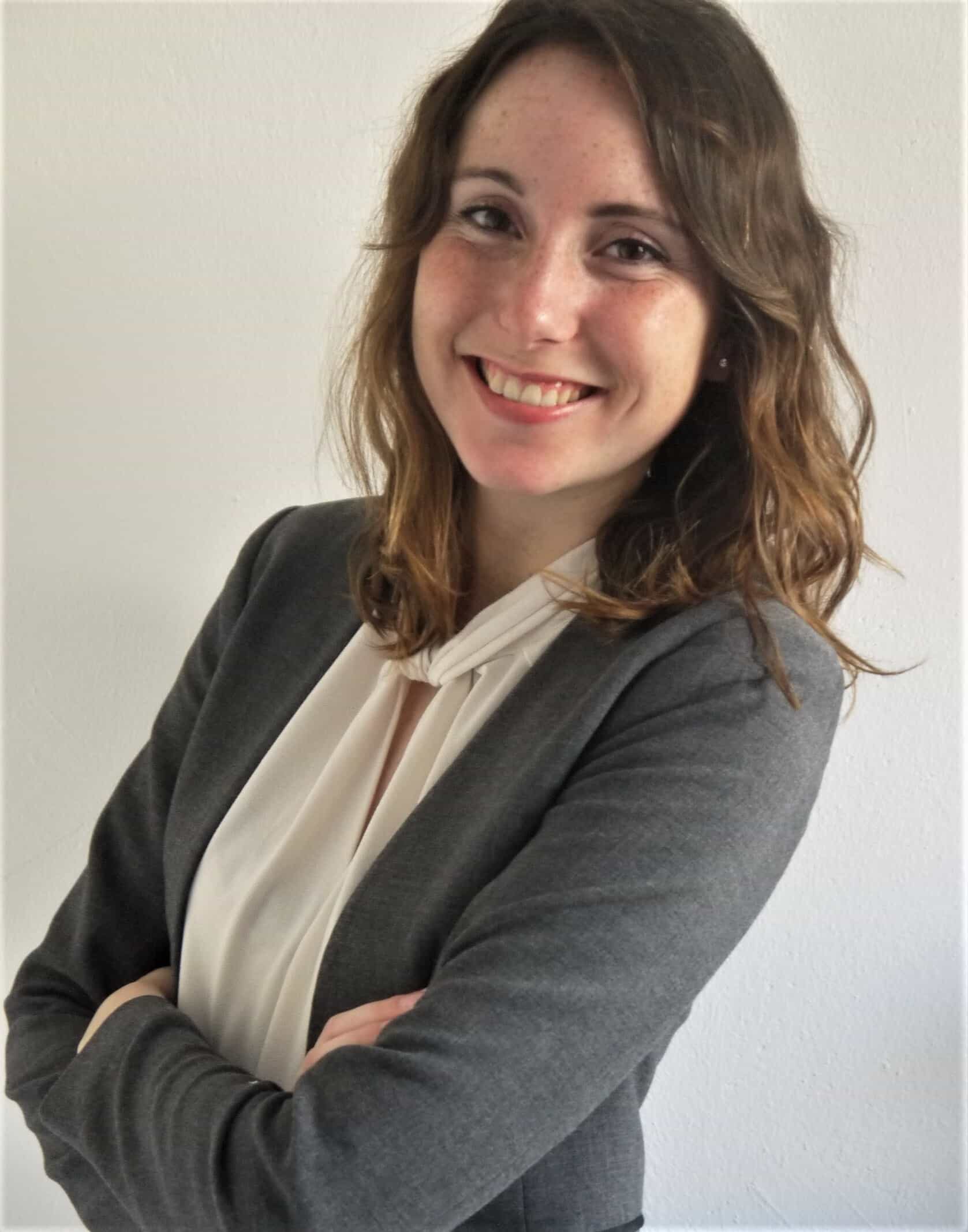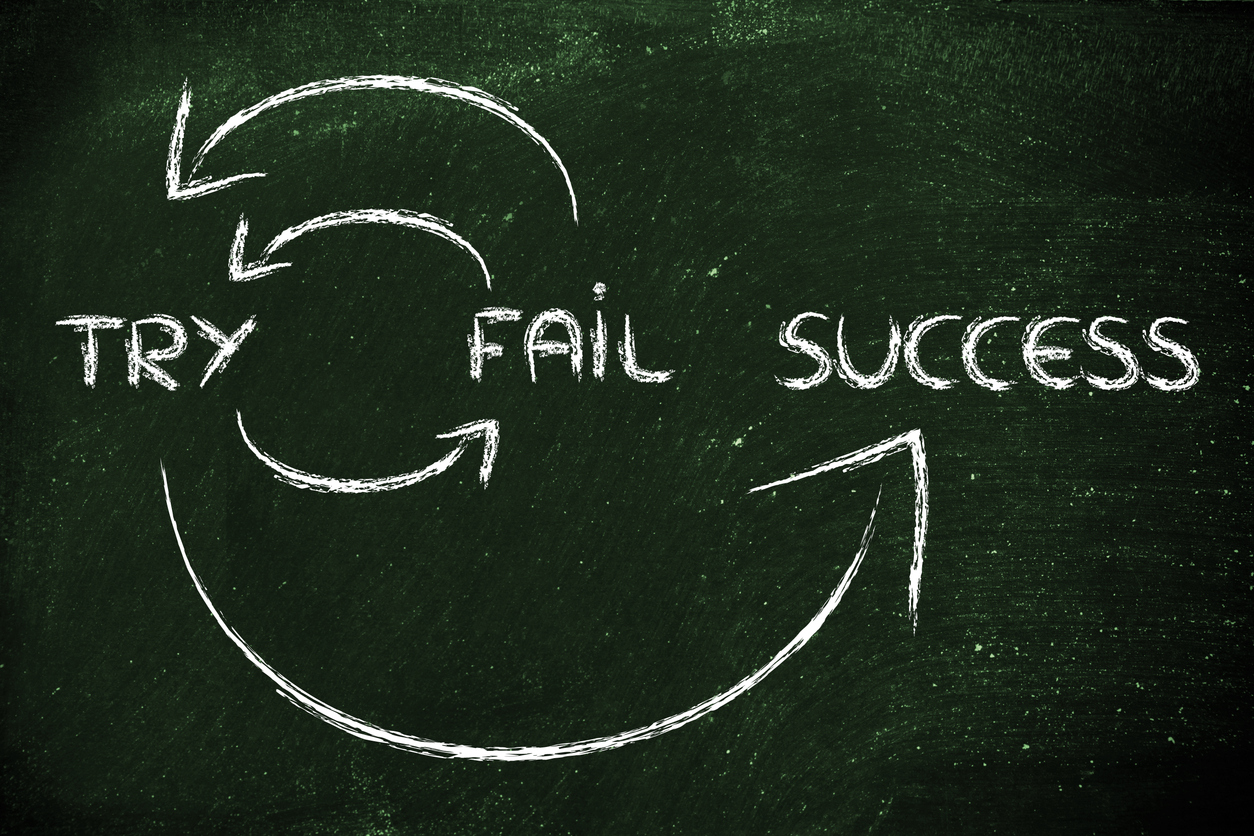“It made me realize that digital transformation can mean something different depending on the country and culture and also might require different actions based on that”. - Catharina Fiegl
We’re all aware our world is becoming increasingly driven by digital tools. This is particularly the case over the past year, where the pandemic forced many of us to stay home. These technologies enabled us to stay connected with family and friends; and additionally, it also enabled us to stay connected with colleagues. These events have profoundly changed the way we work together.
Arguably, the shift to remote working is one of the most significant “digital transformations” since the Internet. According to the McKinsey Global Survey of executives, companies have accelerated the digitization of their customer and supply-chain interactions and internal operations by three to four years.
That said, the term “digital transformation” is thrown around a lot in the corporate sphere. But it’s so much more than tools; it’s also about people. In reality, digital transformation ecompasses the organisational change process that comes with these new tools. This is what interests Catharina Fiegl, Master’s candidate in Business Psychology at the University of Bremen.
Catharina is studying the human changes that come with technological progress. As part of her thesis, she’s exploring how we can work better together remotely. To extend her research, she participated in a program at the Massachusetts Institute of Technology (MIT), funded by Santander Open Academy.

The human element of technical change
Catharina grew up in Düsseldorf, Germany. Even when working part time as a young student, she observed the effect management can have on the motivation and general well-being of a team. This sparked her interest in the psychology of management and leadership.
After completing a Bachelor of Science in Psychology, she participated in internships in talent management, leadership development and organisational development. This further encouraged her to turn her attention to psychology in a business context. After receiving further support from Santander, she began her Masters at the University of Bremen.
Her thesis focuses on how managers can support the collaboration of “hybrid teams”. This is the technical term for the organisational shift the corporate world is experiencing post-pandemic, where teams are working partly remote and partly from the office. As introduced, this is a significant process of digital transformation, and indeed, a substantial organisational change process.
Organisational change processes of course have a technical component, but there’s a major human element too. That’s why human resources (HR) plays an essential part in digital transformation. They need to create a bridge between the digital world and employees, and this is where Catharina seeks to make an impact.
“I want to create a space in which everyone can be their true self at work; that’s why I’m especially interested in new ways of working and the role of people managers within it.”
Catharina FieglCombining business interests with personal development
Catharina’s principal goal is to facilitate a working environment where business goals are compatible with employees’ ambitions and needs. This is why she is particularly interested in new ways of working, as they will radically alter employees’ experience of the working environment.
Digital tools will play a key role in enabling new ways of working, that is why it is essential to teach employees how to use digital tools effectively. In a constantly connected world, where people feel they have to be contactable 24/7, many are at risk of burnout. HR plays a key role in managing this anxiety, while ensuring we maximise the benefits of connectivity. Another example is ensuring all employees are comfortable with digital tools regardless of their age, gender or background.
Only when employees feel comfortable in the digital environment they can create digital solutions that serve customers’ needs. In turn, they can enhance the digital readiness of the company and start working towards a new digitized business model. In the Santander Open Academy, Catharina was able to research these concepts in more detail.
How it nurtured experience and transformed perspectives
The course at MIT, funded by Santander, connected Catharina with candidates from all over the world. This was enormously enriching for her research; she could exchange ideas with students from all over Europe, North America, and LATAM. For example, she could learn from someone living in Mexico about their definition of business culture and approach to digital transformation.
This radically broadened her perspective on the subject. She realised that digital transformation had a different meaning in other cultural contexts, and how it may require different actions as a result. Ultimately, you can’t just implement tools; they have to complement the cultural environment.
“[Digital transformation] is about developing the sensitivity to ask, “what kind of culture am I working in? And what does that culture need to become ready for the digital age?”
Catharina FieglFurthermore, the course also honed Catharina’s technical knowledge. Although her focus within HR is the soft skills, human element, colleagues and professors at MIT helped her to better understand the technical aspect of her research. After all, if you don’t have the understanding yourself, how can you support and lead teams through the process? The program covered subjects including blockchain and the Internet of Things (IoT), which will be vital to her research going forward.

Boost your knowledge and career
After completing the course at MIT, Catharina would whole-heartedly recommend the Santander Open Academy. It enabled her to further her knowledge and research, substantially enriching her thesis. Furthermore, it allowed her to forge connections with colleagues all over the world and has certainly helped during application processes going forward.
“I am very grateful that I had the opportunity to participate in this program and I can totally recommend participation.”
Catharina FieglCatharina would offer support to any student or professional looking to apply. Her key tips were to have a clear rationale about why you want to participate and how you could benefit from the program. Then all that’s left is to start learning.
Like Catharina, if you want to acquire or improve the competencies and skills needed in today's job market, so that, through lifelong learning, you can perform a new function or a position of responsibility or even have greater employability, Banco Santander offers you Santander Open Academy. On this portal, you can access a wide range of scholarships in technology, languages, research, soft skills and women leadership with which you will accelerate and strengthen your career with the help of prestigious institutions.
If you want to develop your leadership, technical, or language skills, Santander Open Academy help candidates develop and grow. If you’re over 18 years old and want to learn new skills or broaden your knowledge, explore Santander Open Academy and kick-start your career today.


Catharina Fiegl, Master’s candidate in Business Psychology at the University of Bremen.
More interesting posts to read...
-
 12/04/2024 | Santander Universidades
12/04/2024 | Santander UniversidadesGrowth mindset: examples in the workplace to develop the right attitude toward challenges
Card text -
 01/03/2024 | Santander Universidades
01/03/2024 | Santander UniversidadesThe sandwich technique: how to deliver criticism in an assertive way
Card text